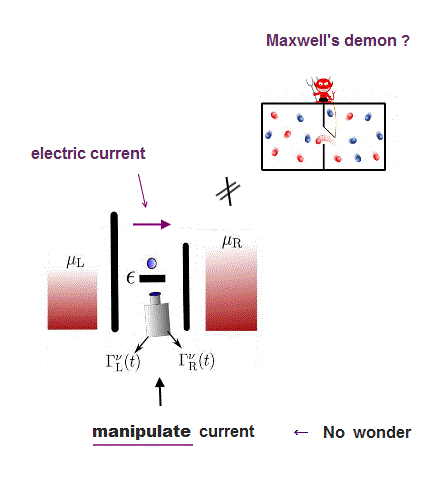
Home page
AI cannot cure diseases
(Fig.1) AI is useless, needing already-known antibiotics training data.

The 1st, 3rd, 10th paragraphs of this hyped news (8/15/2025) say
"Artificial intelligence has invented two new potential (= still useless ) antibiotics that could kill drug-resistant gonorrhoea and MRSA, researchers have revealed."
"The two compounds still need years of refinement and clinical trials before they could be prescribed." ← AI still can not produce useful antibiotics ( this-lower ).
"Scientists trained the AI by giving it the chemical structure of known compounds alongside data on whether they slow the growth of different species of bacteria." ← So this AI must be trained on already-known effective antibiotics data, which is Not AI-prediction.
The 4th-last paragraphs of this hyped news on the same research says
"They were able to synthesize and test 22 of these molecules, and six of them showed strong antibacterial activity against multi-drug-resistant S. aureus grown in a lab dish (= Not in living organisms ). They also found that the top (= only one ) candidate, named DN1, was able to clear a methicillin-resistant S. aureus (MRSA) skin infection in a mouse model."
↑ So only one molecule out of 22 AI-designed candidates was potentially effective for the mouse skin infection. ← AI prediction rate was very bad = only 1/22, which low success rate cannot predict side effects.
↑ This research paper ↓
p.12-right-lower says "DN1 (= one molecule designed by AI ) also inhibited the growth of 10 multidrug-resistant Gram-positive isolates from the CDC-FDA... including isolates from the vancomycin-intermediate S. aureus (VISA)," ← Not vancomycin-resistant bacteria nor superbugs.
p.15-Fig.7C shows MIC (= minimum inhibitory concentration of the drug that prevents the growth of bacteria, this-p.1 ) for VISA (= vancomycin-intermediate s. aureus ) was 8 μg/mL, which is Not better than the ordinary vancomycin with MIC of 4 ~ 8 μg/mL ( this-p.2, this-p.2-lower ).
p.15-right-Limitations~p.16 says ", it is possible for the ML (= machine learning ) models used here to produce false positive predictions"
p.23-1st-paragraph says "Here, these models are trained on binarized data representing the empirical growth inhibitory activity of compounds" ← The already-known effective antibiotics training dataset was needed, which is Not AI-prediction.
↑ So this overhyped MIT-AI tool trained on already-known effective antibiotics (= so Not AI prediction ) showed very bad predicting rate, and could Not surpass the already-existing antibiotics (= still their safety and real effectiveness inside bodies are uncertain ).
The hyped AI-designed new molecules against antibiotics-resistant bacteria or superbugs were untrue, they used vancomycin-intermediate (= Not resistant ) S. aureus
These AI tools cannot predict drugs effective for cancers or Alzheimer, because unlike antibiotics there are No known effective drugs (= data ) against cancers or Alzheimer that are usable as training datasets.

Feel free to link to this site.